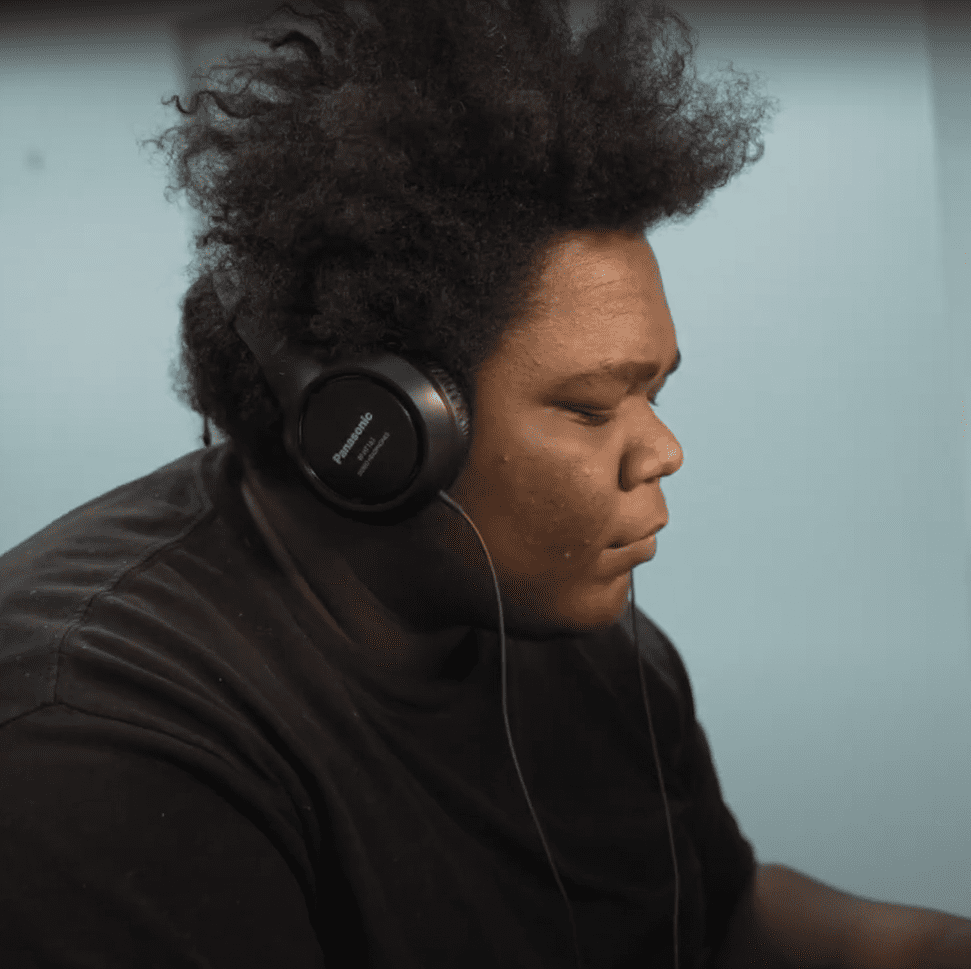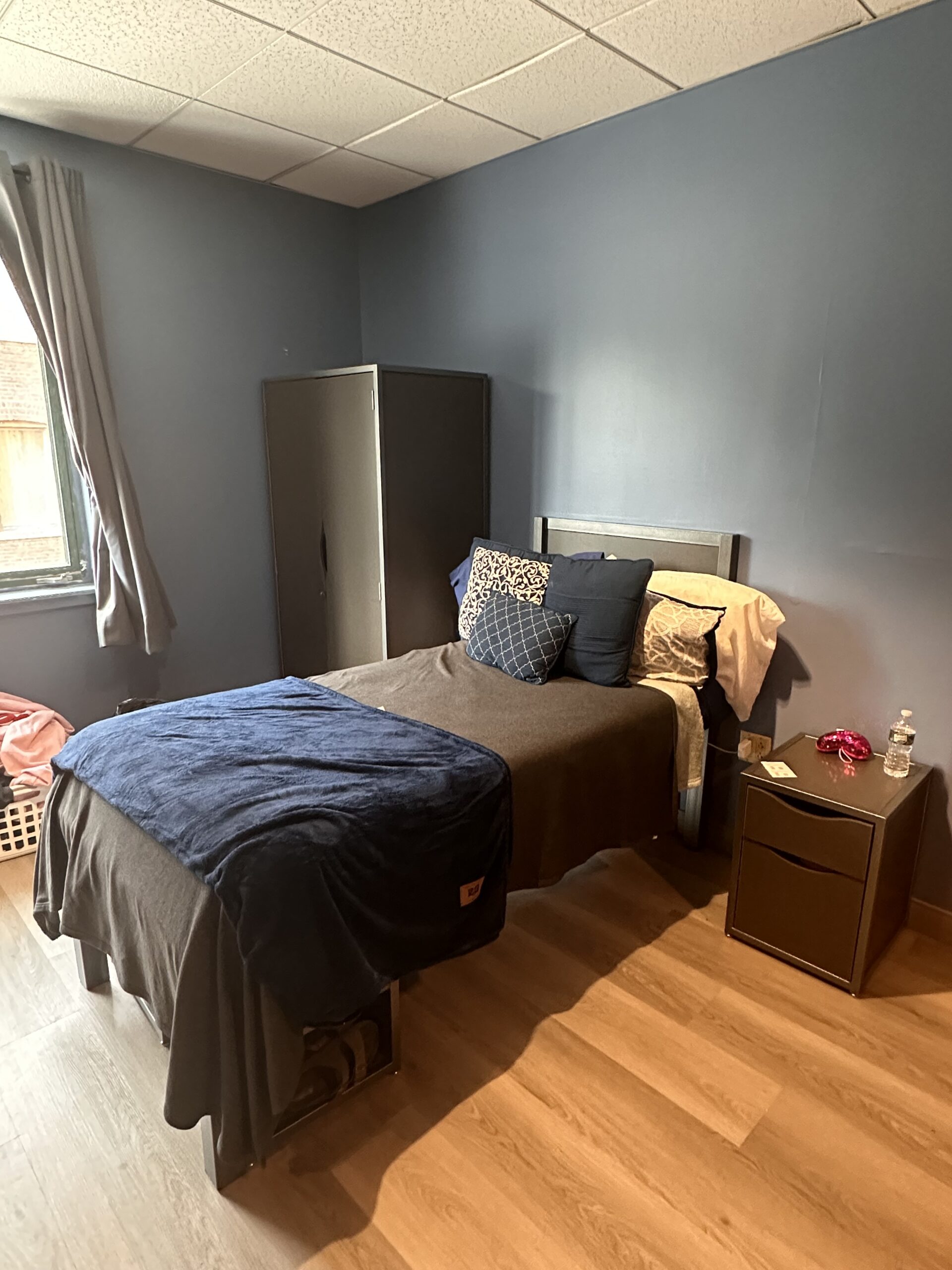Rising Housing Costs Are Increasingly Impacting Our Work
This summer, Garden State headlines blasted, “Homes in N.J. are 30% less affordable than a year ago” (NJ.com) and “NJ tops list of costliest rental markets” (Northjersey.com). “More than a third of residents rent” in New Jersey, which is considered the “seventh-most-expensive in the nation” according to a report cited in a July 2022 article in NorthJersey.com. Not surprisingly, the current costly housing market is also having a significant impact on Covenant House New Jersey (CHNJ). We are having additional challenges transitioning our youth to independent living, which is a central part of our mission.
During COVID 19’s peak, landlords were prevented from evicting tenants, due to a state eviction moratorium. In addition, due to increased demand across multiple demographic groups, we were “competing” for limited housing, according to Meghan Leigh, Sr. Development Director and former Associate Director of Housing at CHNJ. Sadly “There’s just not enough units out there for the demand,” she added.
Moreover, this January when the moratorium was lifted, the court system was backed up in processing evictions. This further delayed the housing hunt. Monmouth County was especially challenging, she reported, due to price wars. This is a particular disadvantage to CHNJ youth with vouchers, which have a cap based on fair market rent determined by HUD. It can be burdensome in the current market for landlords to rent to our youth and deal with vouchers. Consequently, the youth become “frustrated and anxious,” Leigh said.
“The homeless crisis is a crisis in affordable housing,” she said. She noted that the current rental situation is extending the length of stay for our youth at our shelters, because we are unable to find available and affordable housing for them even when they are ready to be transitioned.

CHNJ Is Finding Solutions

Despite the current unfavorable housing environment, CHNJ continues to move youth forward into independent living. This transition is a key component of the work we do, as our work goes far beyond satisfying the immediate needs of food, shelter and safety when our youth first arrive at our doors. Currently CHNJ has approximately 100 youth living in short and long term independent housing, outside the CHNJ shelters. Nonetheless, these youth continue to use our services and support to help make the transition successful.
But landlords’ hesitation to accept vouchers due to their negative experiences with the eviction moratorium is an ongoing challenge, according to Kenny Greer, CHNJ’s Associate Director of Housing in South Jersey. Greer often works with reluctant landlords to show them that youth’s affiliation with Covenant House ensures stability. For example, he helps youth find appropriate apartments that they can afford even after their vouchers expire.
“We had to get to know landlords and they had to get to know us,” he said. Greer is planning gatherings such as barbecues with landlords to build their trust and create a “network of community.” He also works to obtain affordable internet for youth residing in such housing. Not surprisingly, Internet access is critical for youth obtain virtual services, ranging from mental health counseling to our Dove Learning Center’s programs.
When youth secure housing, the next step and our ultimate goal, is “stability and independence,” he concluded.















